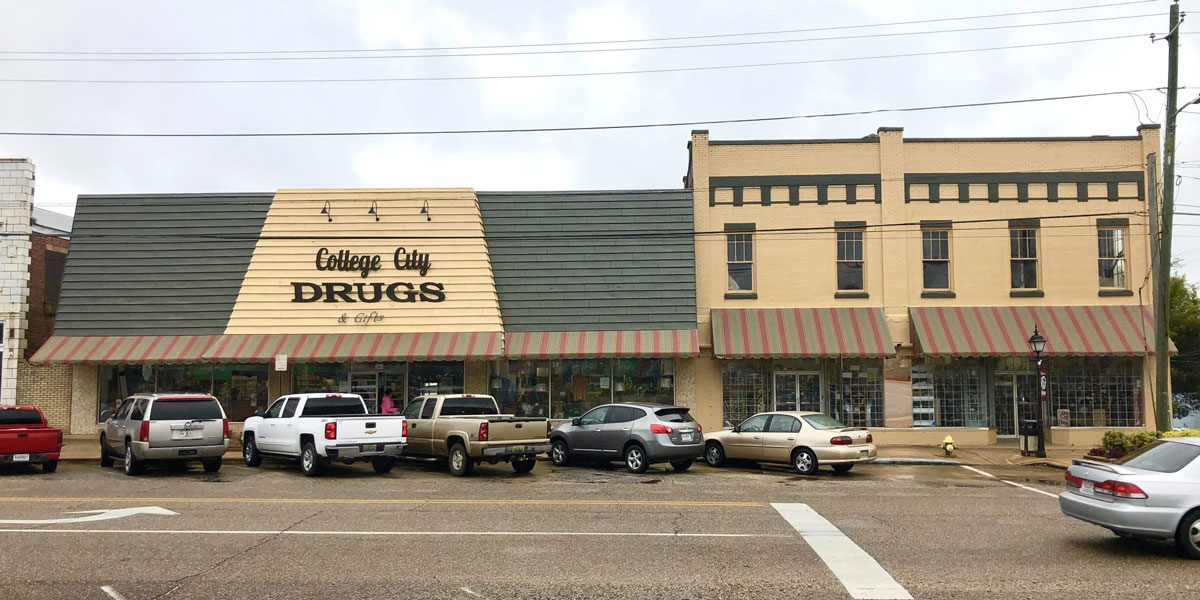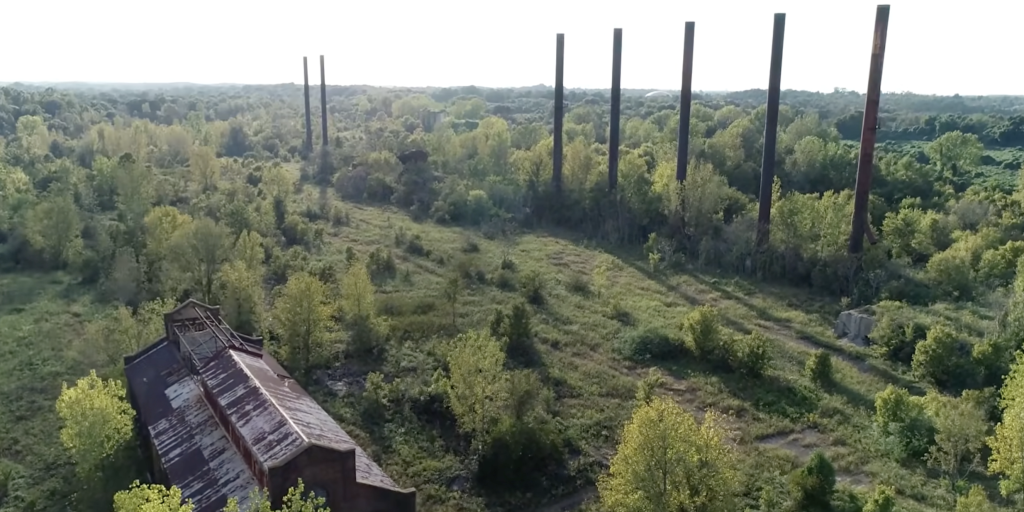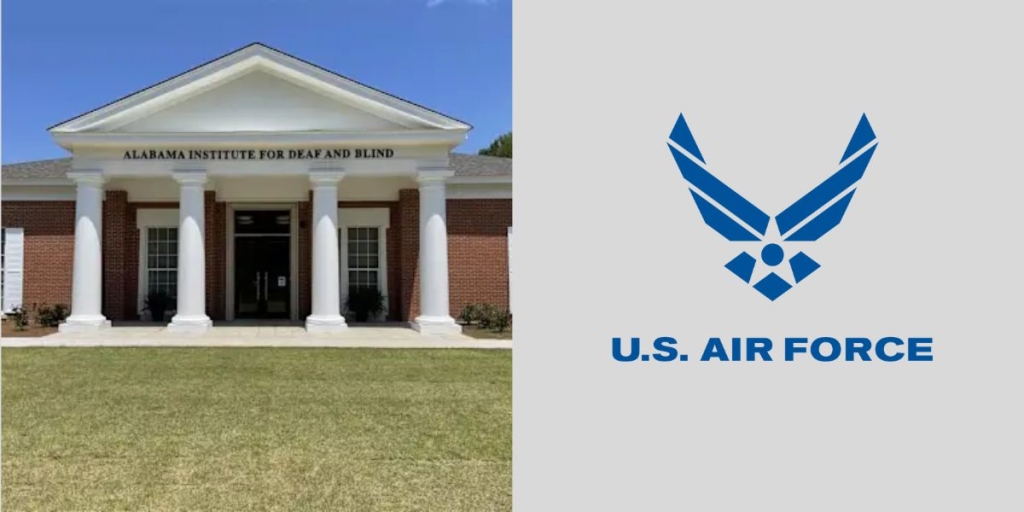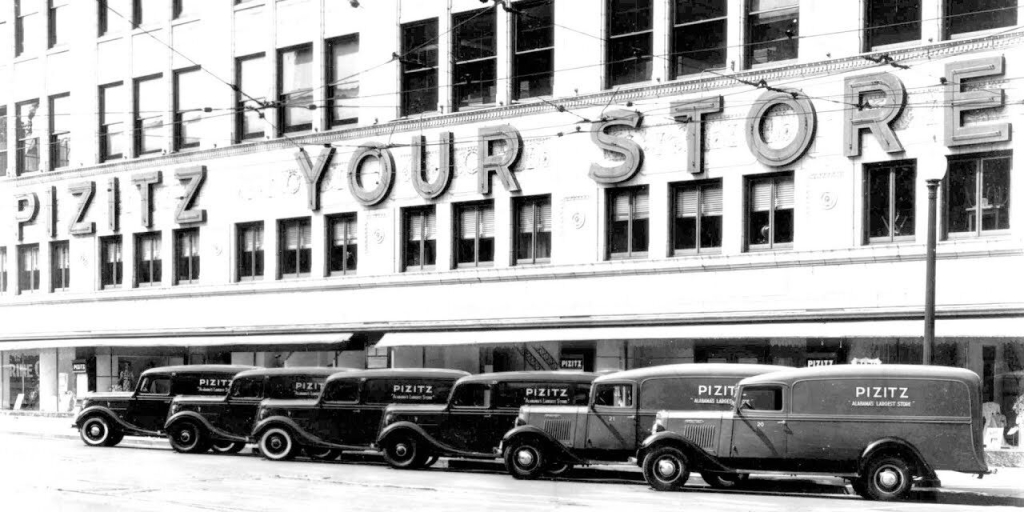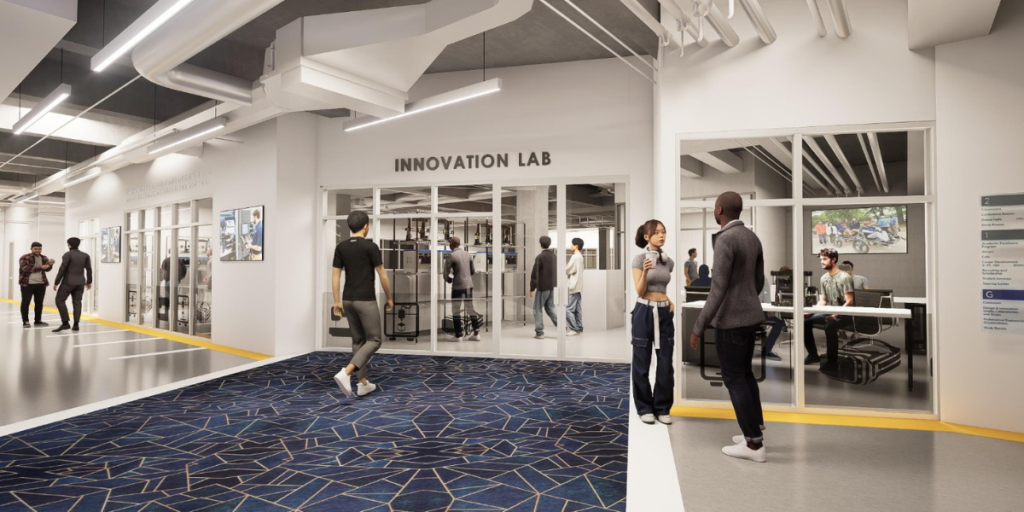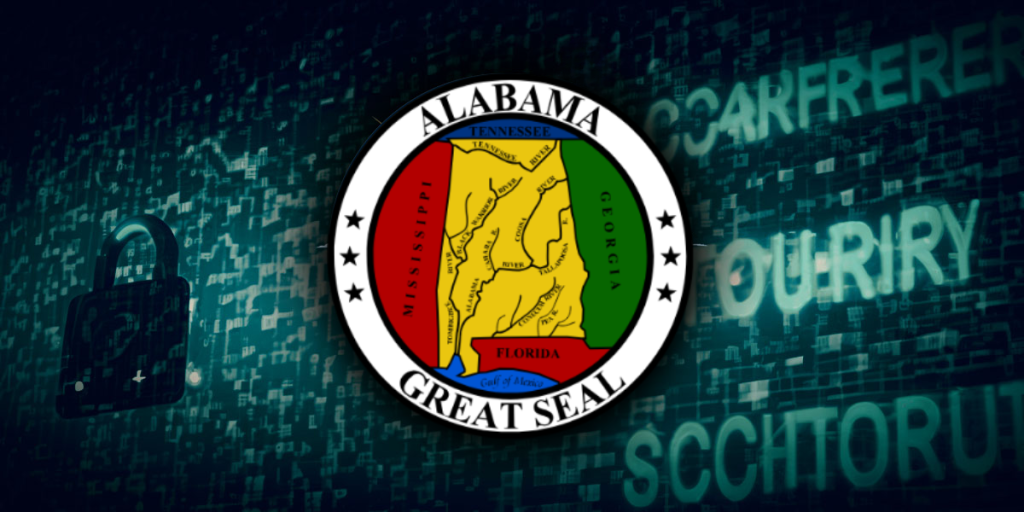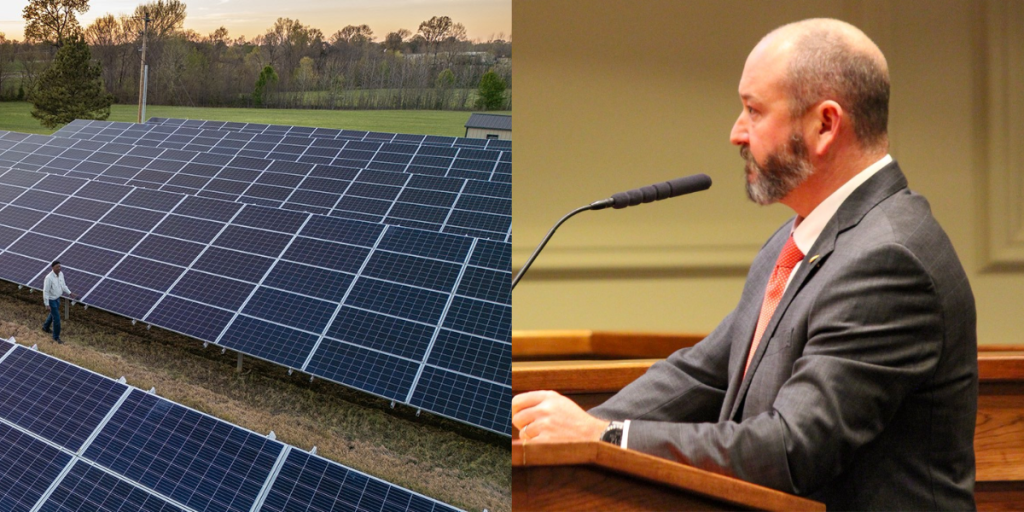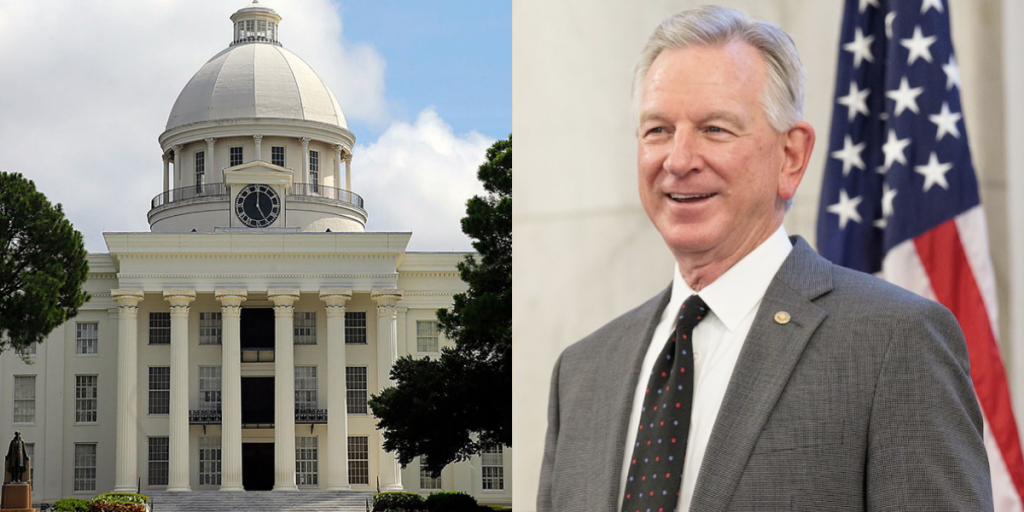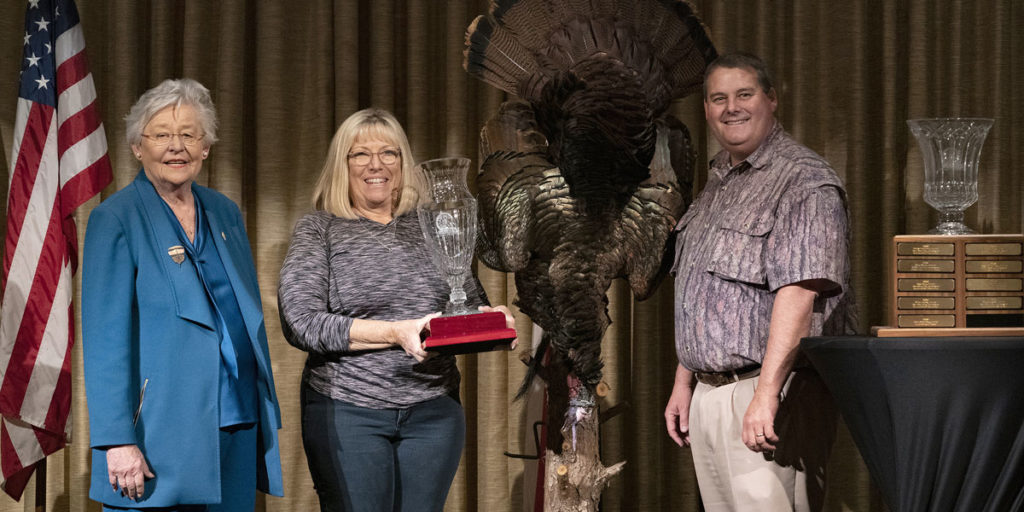Cities in rural Alabama are seeing a rebirth in their downtowns, with a blitz of new business openings, property renovations and multimillion-dollar investments.
Pop-up shops, green spaces, art festivals and social media buzz are among the trends that are helping drive the efforts to bring merchants, residents and visitors back to the heart of the community.
While the COVID-19 pandemic was a setback in some ways, the changing workplace is a plus, said Trisha Black, assistant state coordinator for Main Street Alabama, which works to revitalize downtowns and neighborhoods across the state.
“We are seeing an increase in downtown living and Airbnbs, even in our smaller communities,” she said. “The pandemic has proved that people can live anywhere and continue to work virtually.”
In addition, Black said, more entrepreneurs are investing in downtowns, and much of that activity involves small-scale producers, such as breweries, distilleries, fabric makers and coffee roasters.
“We are currently conducting workshops to help our communities develop an ecosystem to support these makers and get them into a space,” she said.
Brenda Tuck, rural development manager for the Alabama Department of Commerce, said a vibrant downtown, especially in a rural area, can have a transformational effect far beyond its city limits.
“Residents across the region benefit from jobs, services and the social scene that we are seeing in many of Alabama’s rural downtowns,” Tuck said.
“They truly are hubs of commerce and vitality that enhance the quality of life in surrounding communities.”
REJUVENATION
A quick look around Alabama’s rural counties shows various efforts to spark a downtown renaissance.
Atmore has added a stage and green space to a parking lot, and the stage incorporates a box car in a nod to the city’s railroad history.
Headland has created a lively downtown scene that features a popular distillery and outdoor concerts, while Monroeville has started a public art initiative with mini murals.
And Eufaula’s longtime Main Street organization has brought more than 300 events to the city’s downtown.
All the efforts lead to interest and activity in the city centers, which in turn can translate into new storefronts, jobs and investments, Black said. Main Street Alabama offers support to communities that join its networks, with market studies, strategic planning, training workshops and other services, based on a city’s level of commitment.
In the past two years alone, Main Street’s 23 rural communities — those with a population under 50,000 — have reported 160 net new business openings, along with 450 property improvements from private investment totaling $38.5 million, according to Main Street data.
Another $8.3 million has been spent on 147 public improvement projects.
REINVENTING MARION
In the Perry County seat of Marion, several projects are under way to raise the profile of its downtown.
An ongoing facade improvement program funded by private donations has transformed six buildings in the past three years. In addition, officials with Main Street Marion are seeking grants to help with repairs and improvements.
The group also is active in working with local and state government agencies on grants and approvals for 5G rural broadband, streetscape improvements, bicycle lanes and other building renovations.
“If we don’t actively revitalize our downtown and bring in new business, we won’t have a tax base and essentially a city,” said Donald Bennett, president of Main Street Marion.
“It’s important not just for our city, but for Perry County as a whole to have a strong tax base.”
Some of the efforts are aimed at promoting the city’s rich history in the Civil Rights movement. Marion is the hometown of Coretta Scott King and other key leaders.
Two new murals by muralist Donald Walker, including one that is part of a Civil Rights exhibit, were recently unveiled in the Wilbourne Building, which will open this summer as an arts center. The renovated building will showcase local artists’ work and provide space for art classes and other events.
The building is owned by Susan Passmore, executive director of Main Street Marion, and her husband, Ed, who renovated the building as a philanthropic gesture for the community. It is operated by Main Street Marion.
Passmore hopes Marion can become a destination city for tourists.
“The only downtowns that survive now are the ones that reinvent themselves,” she said. “We’re trying to create a place where people can come and have a great experience.”
(Courtesy of Made in Alabama)




